Australian Diplomat warns: Australians drugged, raped and robbed at Thai beach parties
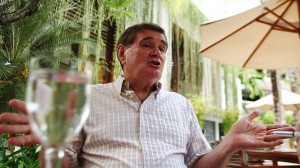
Young Australians partying on beaches in southern Thailand are drinking a potentially deadly drug cocktail made from a local leaf trafficked by criminals who prey on them when they are under its influence, Larry Cunningham, Australia’s official representative in the area warns.
The drug, kratom, is often mixed with the insect repellent DEET as well as cough medicine, cola and ice, leaving users in a stupefied and vulnerable state, says Larry Cunningham, Australia’s honorary consul based in Phuket.
The victims of rapes, assaults and thefts committed at Thailand’s beach rave parties usually failed to report the crimes to police, he said, leaving the extent of the problem largely unknown.
“What do you do if you are out of it from taking this stuff and you are dragged away in the night and raped by a pack of Thai guys?”
Kratom is a tree in the coffee family that grows in abundance in the jungles of south-east Asia. Its opiate-like effect and low cost has led to rampant trafficking in tourist areas. Twenty leaves is enough to create a kratom cocktail for several people and costs the equivalent of $3.
The drug has been banned in Thailand since 1943 but Justice Minister Chaikasem Nitisiri has proposed legalising it, saying its use may detract from people using drugs like methamphetamine and crystal-meth.
“Kratom was used as a traditional medicine in the past,” he told Thai journalists last week.
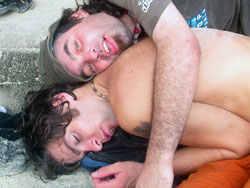
In an interview on the eve of his retirement after eight years in the job, Mr Cunningham said Australian parents would be shocked to know how Thai criminals target young Australians and other foreigners at parties like those on Koh Phangan, an island where each full moon up to 30,000 ravers cram into one kilometre of beach, sipping cocktails from buckets.
“They are some of the worst criminals in Thailand … rapists, murderers and thieves and some are corrupt police,” he said.
Mr Cunningham said one young distressed Australian woman turned up at the Australian embassy in Bangkok wearing only a T-shirt and bikini. She had been pack raped and had all her valuables stolen during a party and someone had put her on a bus to Bangkok.
Mr Cunningham criticised the portrayal of the parties by Fairfax Media travel writer Ben Groundwater as “glorious debauchery” and his strong advice was for people to stay away.
“These are dangerous, dangerous places … even groups of revellers are targeted by these criminals,” Mr Cunningham said.
“Previously the buckets contained mixes like cheap Thai whiskey but now drinkers have no idea what is in there,” he said.
Dozens of revellers are usually ferried to mainland hospitals after each party on Koh Phangan, suffering a litany of ailments and injuries.
Last New Year’s Eve, 22 year-old British tourist Stephan Aston was shot dead as he danced with friends at a waterfront bar.
Ten foreigners have died in mysterious circumstances since 2009 at Thai holiday destinations, including Canadian sisters Noemi and Audrey Belanger, who were found dead in their hotel on the southern island of Phi Phi in 2011.
An autopsy report into the deaths has not been released but authorities say the likely cause was a deadly cocktail mix.
Mr Cunningham, 64, has led criticism of jet ski, taxi, motorbike and other scams targeting tourists on Phuket, which prompted a crackdown by an elite police unit, the Department of Special Investigation.
But Mr Cunningham said many of the more than 20,000 Australians who visited Phuket each month came to Thailand thinking they could do here what they could not do at home, including breaking laws.
“They get plastered and walk around with their shirts off and jump on motorcycles drunk,” he said.
Mr Cunningham said that about half of the average 50 deaths of Australians on Phuket each year were avoidable, including deaths from traffic accidents and falling from high-storey hotels.
He said while the Department of Foreign Affairs website carried warnings for travellers, more ways should be found to publicise risks in places like Phuket.
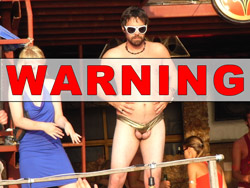
“We have got to get the message across that people shouldn’t leave their brains behind when they come to Thailand!”
Mr Cunningham said he will live forever with the “wailing” of relatives who have come to Phuket to take home the bodies of their loved ones.
“It’s just heartbreaking to see.”
Australian travellers should take out medical insurance and be aware of what the policy covered, he said, recounting the story of an Australian who suffered a fractured skull while riding a motorbike on Phuket.
As the hospital bills grew to $60,000, his insurance company in Australia refused to pay because he did not have a motorbike licence in Australia.
The man’s father, who was about to retire, had to take out a loan to pay the hospital.
“Many travellers don’t know these things … stories like these should be on the front page,” Mr Cunningham said.
Mr Cunningham said that in retirement he planned to spend six months of the year in Sydney and six months in Phuket, where he owns the five-star Chava resort on Surin beach.
Australia has advertised for a new honorary consul for Phuket.
A BIG THANK YOU to Lindsay Murdoch and his original article Australians drugged, raped and robbed at Thai beach parties, diplomat warns brought to us by Google Alert


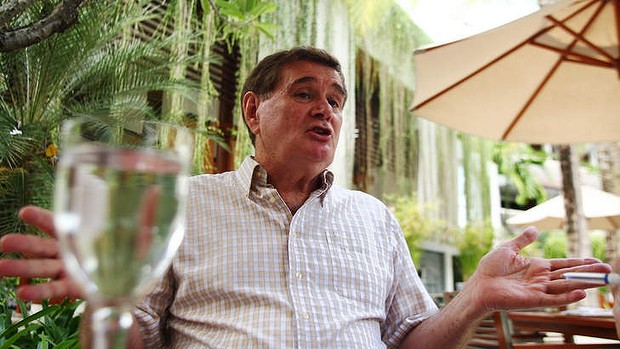
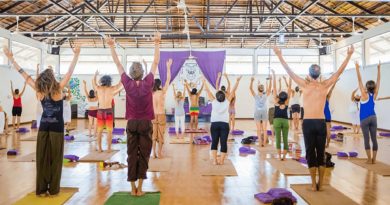
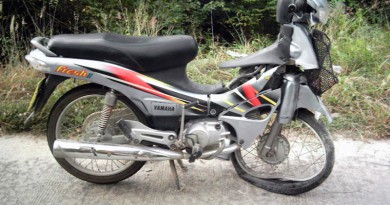
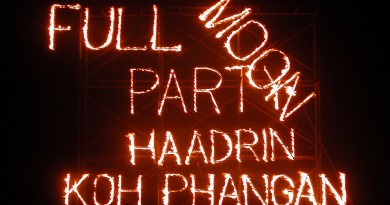
This site is protected by reCAPTCHA and the Google Privacy Policy and Terms of Service apply.